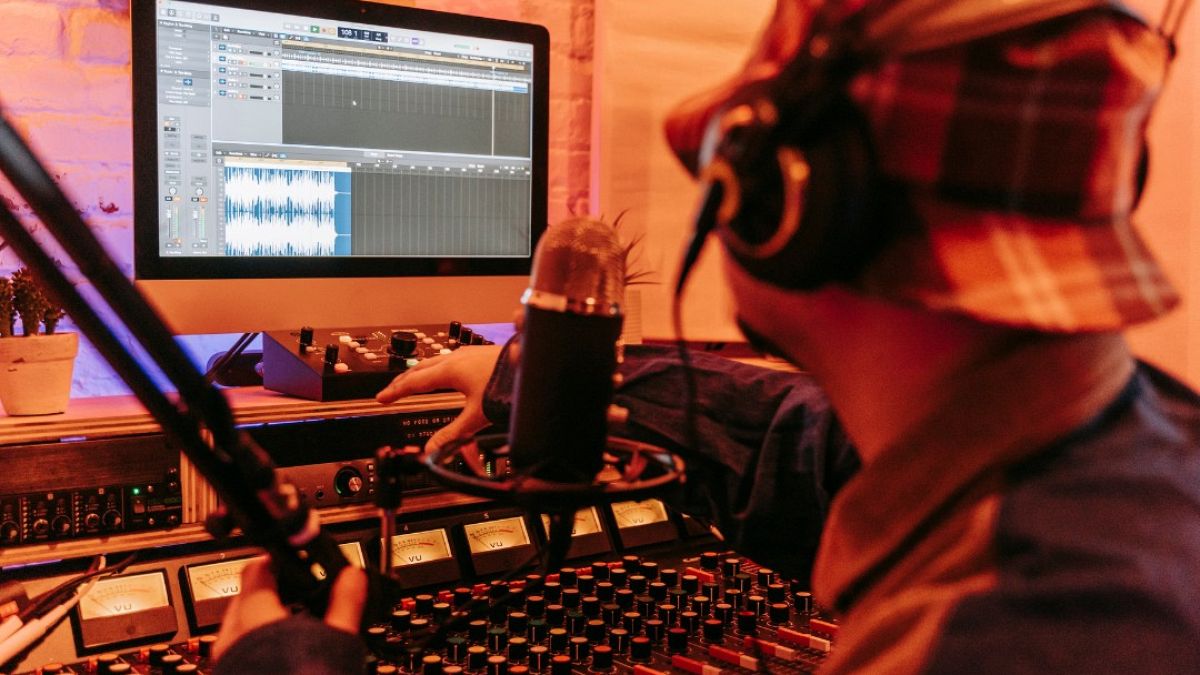Published on
A Swedish music rights society says it has signed the world’s first licensing agreement with an artificial intelligence company (AI).
The Swedish Performing Rights Society (STIM) said it signed the agreement with Songfox, a Stockholm-based start-up that lets fans and creators legally produce AI-generated compositions, on behalf of the group’s 100,000 artists.
Under the deal, Songfox will use a third-party attribution technology called Sureel to trace any AI outputs back to the original human-created work so the artists can get revenue from it.
This agreement “makes revenues auditable in real time and addresses one of the greatest trust gaps in AI music: the lack of transparency over what data is used and how creators are compensated,” STIM said in a statement.
This first agreement is a “stress-test” for what the association said should eventually be a market-based model that “secures fair compensation and equal terms of competition.”
AI could strip away almost a quarter of music creators’ revenue in the next three years, according to a study.
What is going on elsewhere in Europe for artists affected by AI?
The news comes a few weeks after groups representing artists told Euronews Next that EU legislation under the EU AI Act does not go far enough to protect artists from copyright infringement.
The law says that artists should opt out if they do not want AI to be trained on their creations, but organisations including the European Composer and Songwriter Alliance (ECSA) and the European Grouping of Societies of Authors and Composers (GESAC) say their members have been unable to do so.
The gaps in the legislation also don’t give artists a way to be remunerated for the work that’s already been scraped by AI, experts said.
Euronews Next asked STIM whether their licensing agreement would cover work that’s already been scraped and if there are any similar agreements in the works with other AI companies but did not receive an immediate reply.
The advocates said the Commission could also mandate that AI companies negotiate blanket or collective licenses with the respective artist groups.
Meanwhile, ECSA and GESAC are waiting for the verdicts of two copyright lawsuits filed by Germany’s Society for Musical Performing and Mechanical Reproduction Rights (GEMA) against OpenAI, the parent company of ChatGPT, and Suno AI, an AI music generation app.
Marc du Moulin, ECSA’s secretary general, previously told Euronews Next that the verdict could determine to what extent AI companies could be bound to copyright laws.
Universal Music Group is also pursuing a copyright lawsuit against AI company Anthropic.

